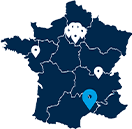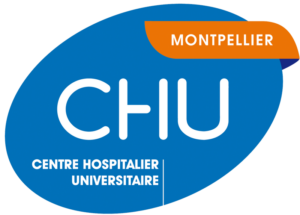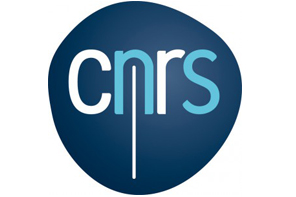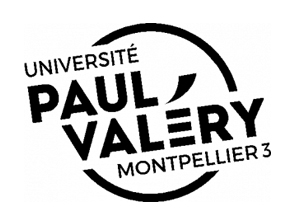
Clinico-biological databases – BCBs
The ICM collections
The Clinico- biological Databases of ICM are collections of human biological resources (blood and tissue) related to the pathologies treated at the ICM, in particular breast, colon and ovarian cancer and sarcoma and associated with the clinical data of patients who have given their consent.
Quality control of biological resources is carried out throughout the treatment process:
- histological control of tissue samples
- quality control of DNA and RNA derivatives
- control of storage conditions.
The BCBs are needed by the medical and scientific community for research projects in a wide variety of fields: analytical epidemiology, public health, biology, clinical research, translational research, etc., as well as for the identification of new biomarkers and new therapeutic targets. Research projects using these BCBs could also help to improve prevention, diagnosis and patient management in oncology.
The biological resources collected from these projects, then anonymised, are prepared and stored at the Biological Resources Centre (BRC) of ICM.
How can I obtain samples?
All requests to make biological resources available must be submitted to the ICM’s Translational Research Committee (CORT) for a decision:
- Complete and submit the project form
- Present a summary of your request to the CORT if requested.
Montpellier University Hospital collections
The Montpellier University Hospital has biological resources in a number of areas, particularly in oncology: a cell bank (Head: J. Moreaux) and a tumour bank (Head: V. Rigau).
Some of these fields are certified in accordance with the NFS 96-900 standard. This standard combines the requirements of ISO 9001 and the OCDE’s Good Practice rules for the BRC. The catalogue of biological resources offered by the Montpellier University Hospital BRC is available on the Montpellier University Hospital website.
How can I obtain samples?
The procedure for requesting samples from the Montpellier University Hospital BRC is as follows:
- Request by e-mail from the applicant, who fills in a request form (see below) and sends it to CRB@chu-montpellier.fr
- Validation of the request by the Collection Manager
- Evaluation of the costs associated with the request and in accordance with the fee schedule by the Research and Innovation Department of the CHU Montpellier
- Presentation of the project to the CRB’s Scientific Council for approval
- Contract drawn up and signed
- Execution of the request







